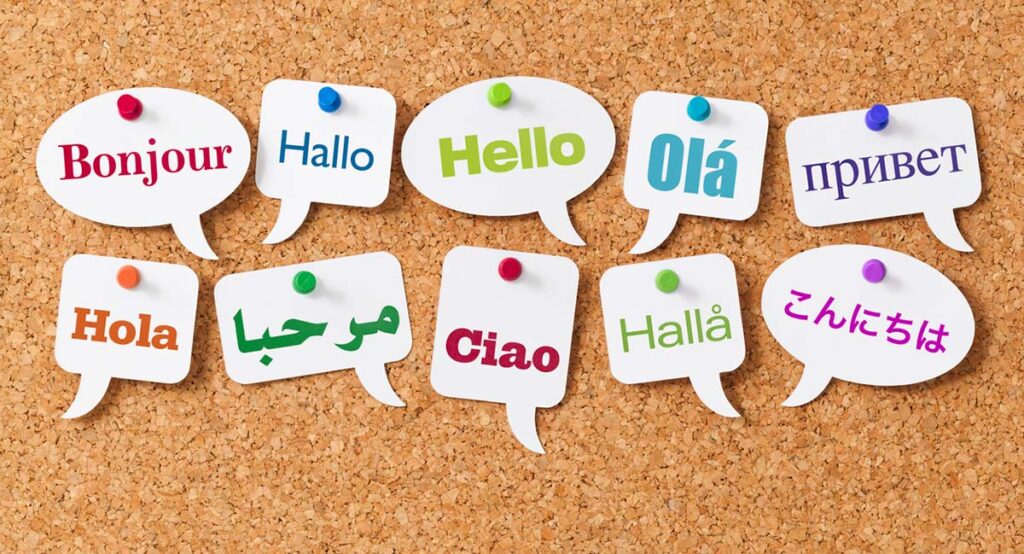Polyglots and Foreign Languages

Polyglots, or people who speak more than five languages, light up in the “language network” of the brain when they listen to languages that they speak, with stronger responses to the ones they are most proficient in. Nonetheless, a new study shows that when listening to their native tongues, the brain’s activity is either similar or dropped off compared to non-native languages they are fluent in.
The study is conducted through the use of the functional magnetic resonance imaging (fMRI), scanning 34 polyglots’ brains. Read in eight different languages to participants, they listen to texts from the Bible or Alice in Wonderland. The languages include native languages, a language they are fluent in, one in which they are moderately proficient, another in which they are less fluent, and languages they do not speak at all. Researchers then observe their brains’ “language network,” which is interconnected areas of the brain’s frontal and temporal lobes that are known to support language processing.
Results show that the language network lights up the most when the participants listen to passages from languages in which they are most fluent, except for their native languages.
One researcher explains, “As you increase proficiency, you can engage linguistic computations to a greater extent, so you get these progressively stronger responses. But then if you compare a really high-proficiency language and a native language, it may be that the native language is just a little bit easier, possibly because you’ve had more experience with it.”
The participants’ brains respond more to languages related to ones they already know when listening to languages they don’t speak.
